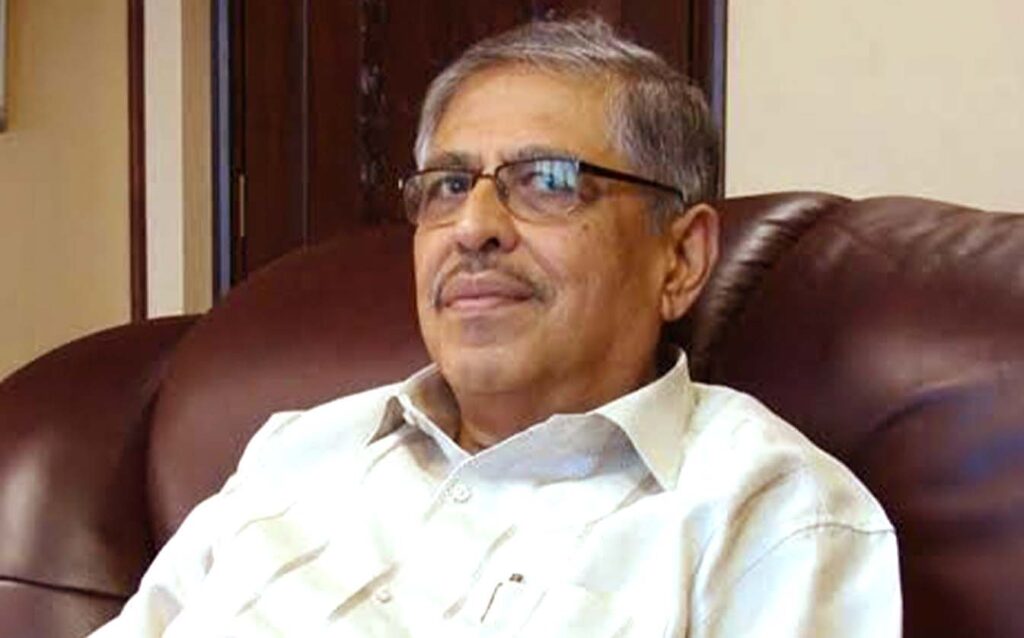Mohamed Jaffer
Mombasa’s Deputy Registrar, Rita Orora, is preparing to provide guidance regarding a case involving Mujtaba Jaffer, the son of local tycoon Mohamed Jaffer, who is accused of fraudulently securing a loan of USD 3.6 million (KSh 464 million) from the East African Development Bank.
Orora has scheduled a mention for Thursday, where she will determine if the case should be forwarded to the Principal Judge for the assignment of a trial judge. This development follows a ruling from the Court of Appeal, which mandated the return of the case to the High Court after identifying legal errors made by the trial judge in dismissing the bank’s lawsuit. The appellate judges, including Wanjiru Karanja, Asije Mkahandia, and Kairu Gatembu, overturned the previous judgment and ordered a fresh hearing of the case.
In 2016, the African Development Bank sued Jaffer Manoj, now deceased, Amritlal Devani, and Mujtaba Jaffer, seeking to recover USD 3.6 million and interest of 12%, which the respondents had obtained from the plaintiffs as a loan.
The matter had been listed for hearing before Mombasa High Court Judge Kizito Mangale, who has since been transferred.
In the suit, the African Development Bank, in its affidavit, stated that the respondents had requested a loan by way of special drawing rights to Kenya Bus Services Mombasa Limited under a loan agreement dated October 1998.
The respondents defaulted on the repayment of the loan, and as of March 1, 2003, the said amount of USD 3.6 million, along with interest at 12% per annum, was outstanding, which the bank sought to recover from the respondents under the said guarantee.
The Court of Appeal ruled that the finding by the learned judge that the guarantee was not drawn by an advocate was made without evaluating and appreciating all the evidence presented before him.

Mujtaba Jaffer
The bench pointed out that it was not a clear case for striking out the application.
The Court of Appeal judges observed that in reaching his decision, the learned judge failed to take into account considerations he should have considered.
“We are therefore entitled to interfere with the exercise of discretion by the learned judge,” the bench ruled.
Justice Otieno had thrown out the application on the grounds that the finding or presumption by the learned judge that the guarantee was not drawn by an advocate was flawed.
The matter is set to be mentioned next month.
